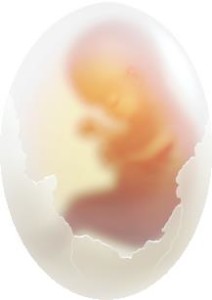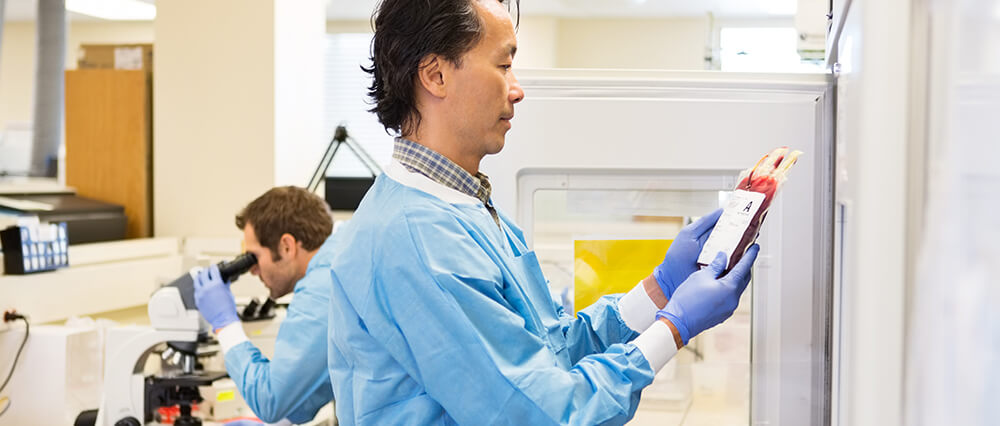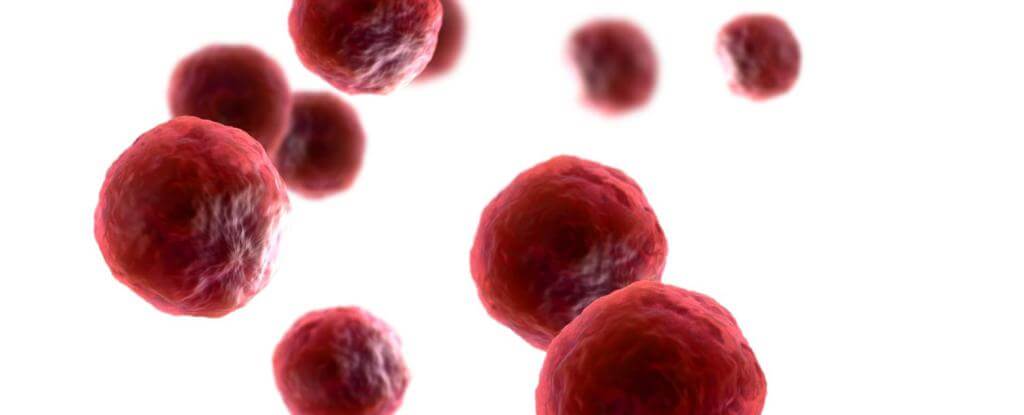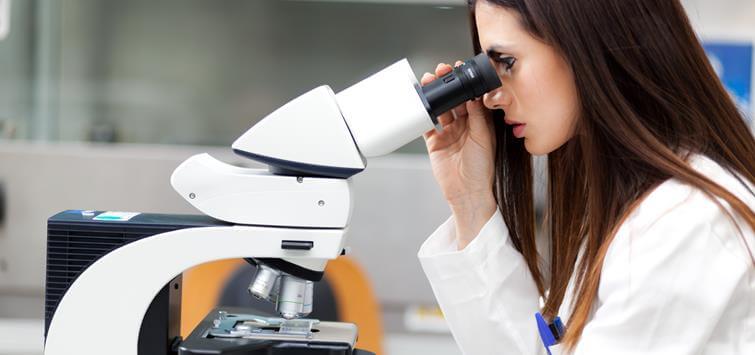Cord Blood Stem Cells: What You Need To Know.
Stem cells are big news, it seems like almost every day a new discovery or scientific breakthrough has been discovered with them. But what exactly are stem cells and what makes cord blood stem cells so special?
What are stem cells?
A stem cell is an unspecialised cell which is able to replicate itself or produce more specialised types of cells.
Stem cells are the body’s master cells and the very first cells of life. At the moment of conception a stem cell is made which goes on to produce every single cell of the baby which is born at the end of pregnancy. In theory, every cell in the adult human body could trace its lineage back to this very first cell.
The very first cells created are incredibly potent, they have the ability to create all types of human tissue – even the placenta. As the cells divide and the embryo develops, the cells become increasingly specialised and limited as to the types of cell they can produce until they can only replicate themselves. At this point the cells are described as “unipotent” and are no longer stem cells.
What do stem cells do?
Stem cells not only build our bodies but they continue to renew and repair tissues throughout our lives. Scientific researchers hope to harness the power of stem cells to repair and renew to treat illnesses. In fact, today cord blood stem cells are already used to treat over 80 conditions. In addition, there are also over 5,000 clinical trials using stem cells which will, hopefully, lead to more discoveries and ways to utilise them in therapies.
Where do stem cells come from?
Stem cells are found in a variety of sources. Embryonic stem cells are the most controversial source of stem cells. Embryonic stem cells come from an embryo which has to be destroyed to gain the stem cells. However, there are many other sources of stem cells which are entirely ethical, these are known as adult stem cells. Sources of adult stem cells include bone marrow, adipose (fat), peripheral blood, and umbilical cord blood to name but a few.
Why are cord blood stem cells so special?

Cord blood stem cells are superior to other sources of stem cells in many ways; in contrast to embryonic stem cells, there are no ethical issues with their procurement or use. Cord blood is collected immediately after birth but it does not contain embryonic stem cells. Cord blood stem cells are described as being adult stem cells but they are young and procured in their optimum state. In addition, cord blood stem cells have yet to be exposed to the elements or had the opportunity to age that stem cells sourced from an adult have.
There are several types of stem cell found in cord blood including mesenchymal stem cells, haematopoietic stem cells, and very small embryonic like stem cells. This means that cord blood stem cells could have a variety of therapeutic uses.
When considering stem cell matching, cord blood stem cells are also superior to other sources. Cord blood stem cells are easier to match to a patient than stem cells which are sourced from bone marrow or peripheral blood. Cord blood stem cells are also the least invasive source of stem cells from the human body. Cord blood is collected from the umbilical cord after it has been cut – harvesting the blood from the cord attached to placenta.





